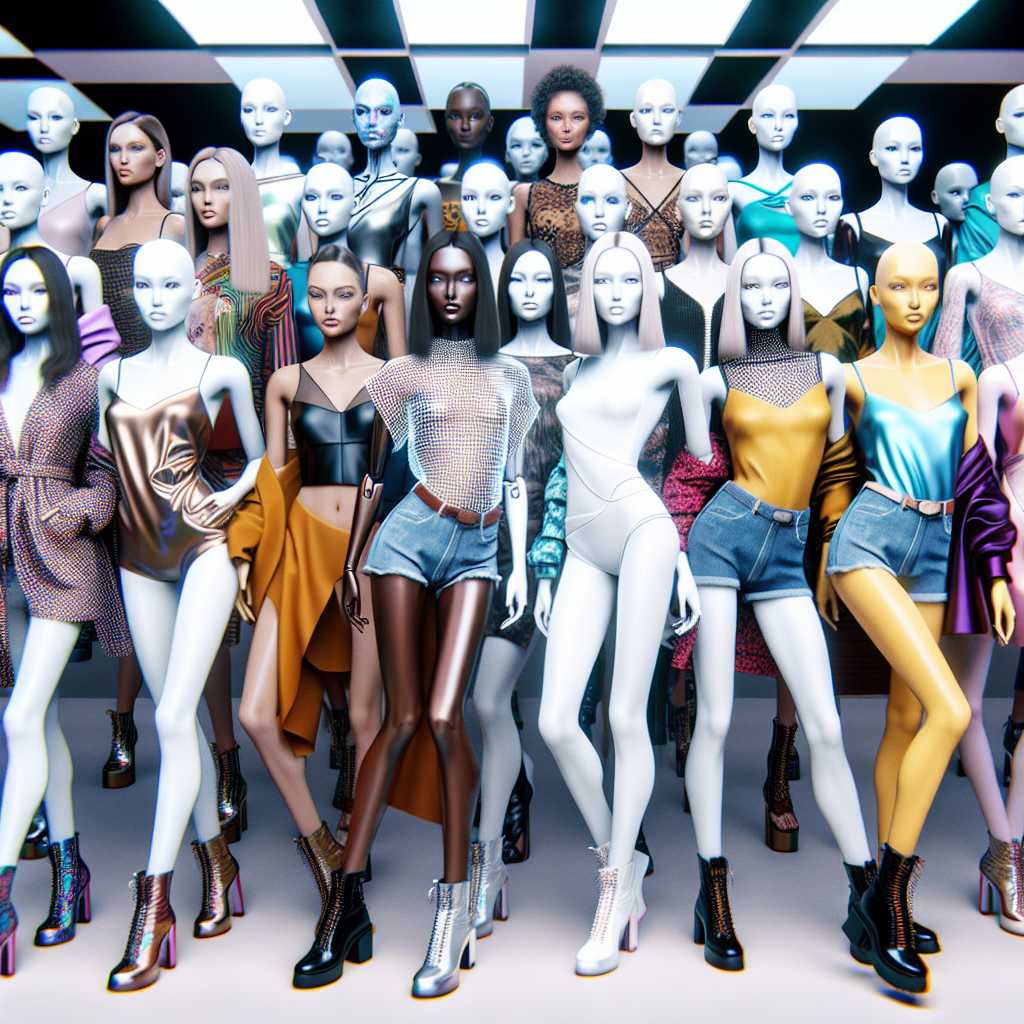H&M Faces Backlash Over AI Clones of Human Models in Marketing Strategy
H&M Faces Backlash Over AI Clones of Human Models in Marketing Strategy
Introduction
H&M, the global fashion retailer, is under scrutiny for its recent marketing strategy involving the use of AI-generated clones of human models. This approach has sparked significant backlash from various stakeholders, raising questions about ethics, representation, and the future of fashion marketing.
Key Concerns Raised
- Ethical Implications: Critics argue that using AI clones may undermine the authenticity and diversity that real human models bring to fashion campaigns.
- Representation Issues: There is concern that AI models may not accurately represent the diverse body types, ethnicities, and identities that are crucial in today’s inclusive fashion landscape.
- Job Displacement: The use of AI models could potentially threaten the livelihoods of human models, leading to job losses in the industry.
Public and Industry Reactions
The backlash has been widespread, with both consumers and industry professionals voicing their disapproval:
- Consumer Response: Many customers have taken to social media to express their disappointment, calling for a boycott of H&M products.
- Industry Critique: Fashion industry insiders have criticized the move as a step backward in the fight for diversity and inclusion.
H&M’s Response
In response to the backlash, H&M has issued a statement defending their use of AI technology as a means to innovate and streamline their marketing processes. However, they have also acknowledged the concerns and are reportedly reviewing their strategy to address the issues raised.
Conclusion
The controversy surrounding H&M’s use of AI clones in their marketing strategy highlights the complex intersection of technology, ethics, and representation in the fashion industry. As the debate continues, it serves as a reminder of the importance of balancing innovation with ethical considerations and the need for genuine representation in marketing practices.






































